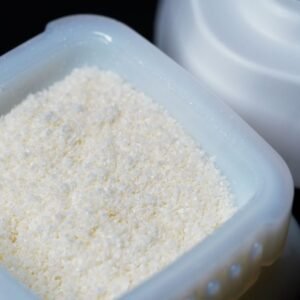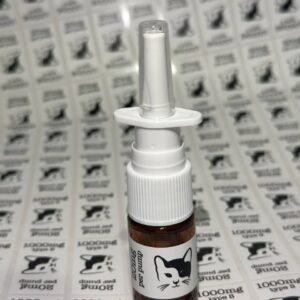Description
Exploring the Potential Effects of LSD: Separating Fact from Fiction
LSD, or lysergic acid diethylamide, is a powerful psychedelic substance that has been the subject of both intense scrutiny and fervent interest for decades. While it remains illegal in most parts of the world, discussions around its potential effects, particularly in controlled and therapeutic settings, continue. It’s crucial to understand that we are not talking about recreational use, which is both risky and often irresponsible. Instead, we’ll examine some of the potential effects that have been suggested by some research and anecdotal accounts, always with the caveat that these are not guaranteed benefits and that LSD use carries significant risks.
Beyond the “Trip”: What Some Researchers Explore
While widely known for its hallucinogenic properties, the potential effects of LSD, as discussed by some studies and proponents, may extend beyond visual distortions. Here are some areas that have been explored:
Enhanced Introspection & Self-Discovery: Some individuals describe experiences with LSD as facilitating deep self-reflection and the breaking down of rigid thought patterns. They report gaining new perspectives on personal issues, relationships, and their place in the world. This is often described as a period of intense introspection that can lead to personal growth.
Emotional Processing & Trauma: Some controlled research, though limited, has suggested that, under the right conditions, LSD could potentially help individuals process buried emotions and traumatic experiences. This is often explored within a therapeutic setting, often in conjunction with psychotherapy, and is not a do-it-yourself approach.
Creativity & Problem Solving: The alteration in perception and experience associated with LSD has led some to believe that it may unlock novel ways of thinking, fostering creativity and problem-solving abilities. Again, this is highly subjective and not universally experienced.
Increased Mindfulness & Connection: Some individuals report feeling a heightened sense of connection to nature and the environment, as well as an increased awareness of their own thoughts and feelings. This has led some researchers to explore its potential relationship to mindfulness and meditative practices.
Important Considerations & Risks
It’s critical to emphasize that the above are not guaranteed benefits and are highly variable from person to person. The potential effects of LSD are influenced by a multitude of factors, including dosage, individual biology, mental health, and the surrounding environment. Additionally, LSD use can carry significant risks:
“Bad Trips”: LSD can induce extremely challenging and distressing experiences commonly referred to as “bad trips.” These can involve intense fear, paranoia, anxiety, and feelings of losing control.
Flashbacks: Some individuals experience “flashbacks,” recurring visual or emotional experiences long after the effects of LSD have worn off, which can be unpredictable and frightening.
Psychiatric Risks: LSD can exacerbate existing mental health conditions such as psychosis, schizophrenia, and anxiety disorders. Individuals with a family history of these conditions should be especially cautious.
Legal Consequences: The possession, distribution, and use of LSD are illegal in most countries, carrying potential legal penalties.
Unpredictable Effects: The effects of LSD are notoriously unpredictable, and there is no way to guarantee a positive experience.
Conclusion: Proceed with Extreme Caution
The potential effects of LSD are still being explored, especially in the context of therapeutic research within controlled and monitored settings. However, it’s crucial to approach any discussion of purported “benefits” with extreme caution. LSD is a powerful substance with significant risks, and its recreational use is both illegal and potentially harmful. If you are interested in exploring the potential therapeutic uses of psychedelic substances, it is essential to consult with qualified professionals and seek out legal, ethical, and research-backed approaches. Self-experimentation is never advised.
Disclaimer: This article is for informational purposes only and does not endorse or encourage the use of illegal substances. Always prioritize your safety and well-being. If you or someone you know is struggling with substance use, please seek help from a qualified professional.





Reviews
There are no reviews yet.